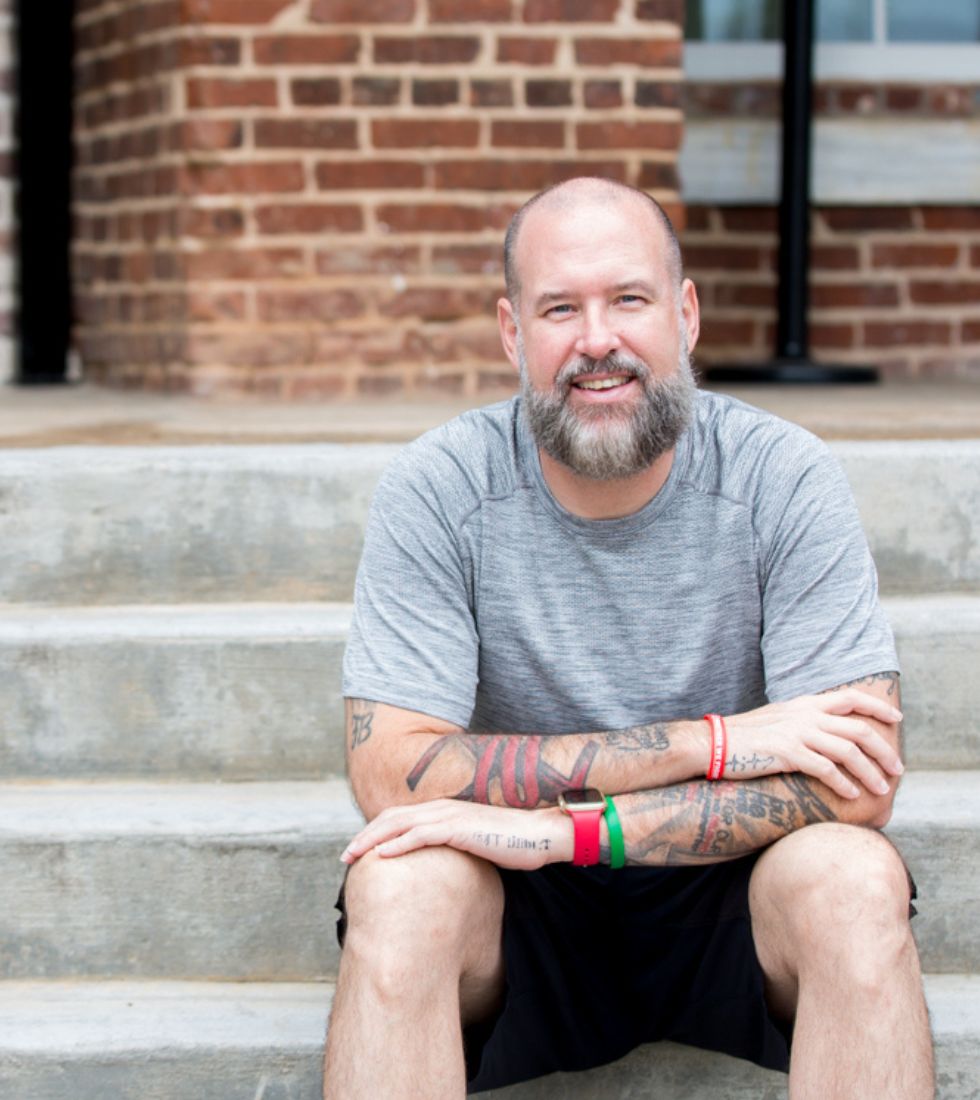Childhood Trauma Link to Adult Toxic Behaviors
Unmasking the Connection Between Childhood Traumas and Toxic Behaviors
Life is a blend of myriad experiences; sadly, some are far from pleasant. Some of us carry heavy burdens from our early years, which can manifest as toxic behaviors in our adult lives. But why does this happen, and what can be done about it? Let’s dive into the heart of the matter.
Taking a Closer Look: What is Childhood Trauma?
Childhood trauma is a term that paints a picture of incredibly distressing events that children may encounter. These experiences could range from physical or emotional abuse to neglect or even being a silent witness to violence.
Effects of Childhood Trauma on Behavior: A Two-Pronged Impact
Trauma can imprint a child’s mental and emotional canvas, significantly altering their behavioral patterns.
The Immediate Aftermath: Behavioral Changes
A child may showcase irritability, detachment, or become excessively clingy in the wake of trauma. These are the immediate responses to an overpowering experience.
Lifelong Marks: Long-Term Behavioral Impact
However, the longer-term impact delves deeper. Unresolved trauma can creep into the realm of complex emotional issues and materialize as toxic behaviors when the child steps into adulthood.
Spotting the Signs: Toxic Behaviors Stemming from Childhood Trauma
But what do these toxic behaviors look like? Here are a few tell-tale signs.
Roller Coaster of Emotions: Emotional Dysregulation
Trauma survivors often grapple with managing their emotions, frequently undergoing intense mood swings akin to a roller coaster ride.
Risky Business: Impulsive Behavior
They may also exhibit impulsive behaviors akin to walking on a tightrope. This could include reckless spending, substance abuse, or risky sexual behavior.
The Invisible Wall: Social Withdrawal
Social withdrawal, akin to erecting an invisible wall around oneself,
is another prevalent trait. They isolate themselves, striving to avert additional emotional distress.
Living in the Shadows: Overwhelming Fear and Anxiety
A continuous sense of fear and anxiety, often escalating to panic attacks, can also emerge as a toxic behavioral outcome.
Behind the Scenes: The Psychological Mechanism Linking Toxic Behaviors and Trauma
These behaviors are akin to the mind’s defense system gone awry. They aren’t the survivor’s fault but an unconscious response to unresolved torment.
Ripples in the Pond: How Childhood Trauma Influences Adult Relationships
Survivors of childhood trauma may find it challenging to navigate the seas of healthy relationships. They might unknowingly attract or be drawn to toxic individuals, unknowingly perpetuating a cycle of abuse.
Escaping the Maze: Effective Strategies to Overcome Toxic Behaviors
So, how can one find the exit from this labyrinth? Here are some guiding lights.
The Healing Touch: Seeking Professional Help
Therapeutic options like somatic therapy, mindfulness cognitive-behavioral therapy, havening, and TFT tapping are like the healing touch, capable of transforming wounds into wisdom.
Strength in Numbers: Building a Support Network
Finding a tribe of trusted individuals for emotional support can be a soothing balm, helping you heal from the inside out.
The Path to Inner Peace: Practicing Mindfulness and Self-Care
Incorporating mindfulness practices and placing self-care on the pedestal can pave the path to inner peace and emotional equilibrium.
Drawing the Line: Learning about Boundaries and Assertiveness
Learning to draw healthy boundaries and assert oneself can serve as a shield, preventing further emotional harm.
Towards a Brighter Tomorrow: Hope Beyond Trauma
It’s crucial to remember that while childhood trauma can give rise to toxic behaviors, it does not define your identity. With the right strategies and unwavering support, you can free yourself from these shackles and journey towards a fulfilling, healthy life.
FAQs
- What are the signs of childhood trauma in adults?
- Signs may include emotional dysregulation, impulsive behaviors, social withdrawal, and constant fear and anxiety.
- Can childhood trauma cause toxic behaviors in adulthood?
- Unresolved trauma from childhood can surface as toxic behaviors in adulthood, serving as a maladaptive coping mechanism.
- How can one overcome toxic behaviors stemming from childhood trauma?
- Overcoming these behaviors often involves professional help, building a robust support network, practicing mindfulness, and learning to set healthy boundaries.
- Can childhood trauma affect adult relationships?
- Yes, childhood trauma can create ripples that influence the capacity to form and maintain healthy relationships in adulthood.
- Is it possible to fully heal from childhood trauma?
- With the proper support, therapeutic interventions, and personal resilience, individuals can effectively manage and heal from the impact of childhood trauma.
Other Resources
- The American Psychological Association (APA): The APA provides numerous resources about the psychological impacts of childhood trauma. It offers insights into how such experiences can shape behaviors, emotional responses, and mental health.
- Centers for Disease Control and Prevention (CDC): The CDC’s section on Adverse Childhood Experiences (ACEs) gives a comprehensive understanding of how negative experiences in childhood can lead to a range of adverse outcomes, including toxic behaviors, in adulthood.
- National Child Traumatic Stress Network (NCTSN): The NCTSN offers resources dedicated explicitly to understanding childhood trauma, its impact on mental and physical health, and its potential to give rise to toxic behaviors later in life.
- Psychology Today: Psychology Today hosts a wide range of articles from professionals in psychology that discuss childhood trauma’s long-term effects, including the development of toxic behaviors in adulthood.
- The National Institute of Mental Health (NIMH): NIMH provides many resources that discuss how childhood trauma can impact mental health, which can manifest as toxic behaviors in adulthood. They also offer possible strategies for treatment and healing.

Somatic coach (therapist) in Canton, GA, and Worldwide Life Coach dedicated to inspiring and assisting people worldwide through candid conversations about anxiety. Having personally battled general anxiety, panic disorder, and OCD, I understand the daily challenges those grappling with anxiety face. My journey involved searching for the right therapist, medication, and natural supplements and undergoing various tests. It was only after deciding to reclaim my life that I finally overcame anxiety’s hold. I’m passionate about helping others conquer their struggles and discover their life purpose.

